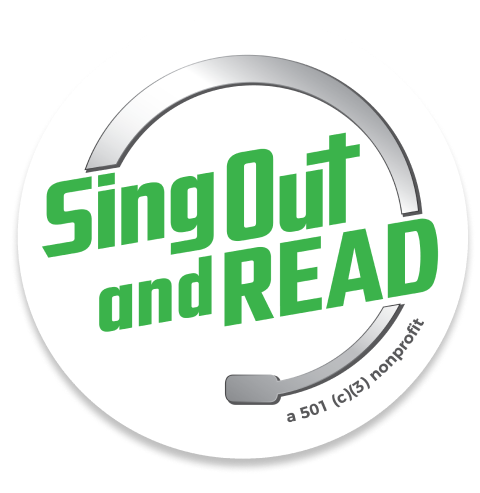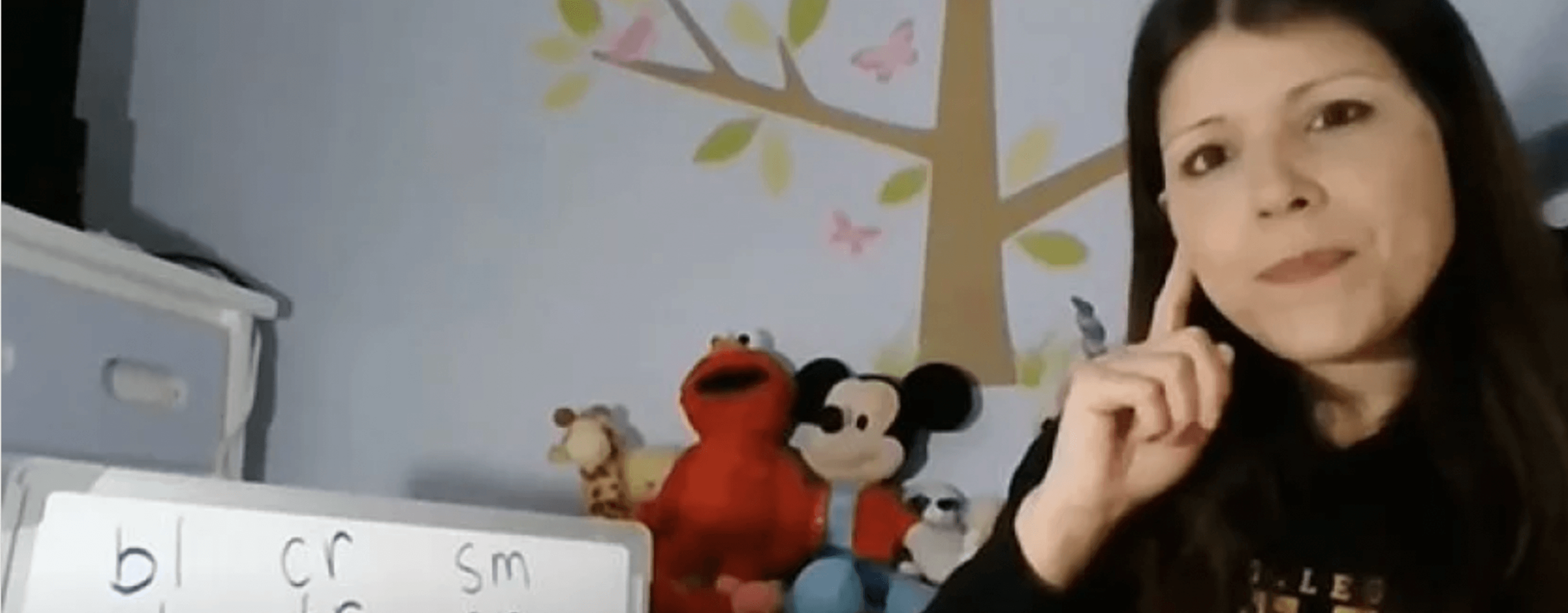Early Reading Instruction Takes a Hit During COVID-19
For Claudia Margaroli, teaching reading during the coronavirus school shutdowns has looked nothing like what she used to do in the classroom.New York City educator Lauren Olivieri teaches a reading lesson in an episode of Let's Learn NYC! The episodes, designed for students ages 3-8 and broadcast on public television, each include read-alouds and work on foundational reading skills.
Instead of small group work, the 1st grade teacher at Charlotte East Language Academy in Charlotte, N.C., sees all her students in a whole-class Google Meet video chat twice a week.
She tries to answer the questions that students have in their district-issued packets, but keeping more than 30 wiggly 1st graders on task remotely is a challenge. When the video freezes, it’s hard to write words on her whiteboard for students to sound out, or decode.
She worries most about her students who were already struggling with foundational reading skills, like phonemic awareness—identifying and manipulating the sounds in spoken words—and phonics, the relationship between spoken sounds and written letters.
“Is this increasing the gap?” Margaroli asked. “Because the kids who are spending the most time on learning right now are kids whose parents are home, who can understand this reading packet in English.”
While remote learning has presented challenges in every subject and grade level, some teachers and researchers say that early reading instruction is especially problematic.
Teaching young students how to read and write often requires hands-on activities, like manipulating letter tiles, or learning how to form their shapes. And before they can sound out words, children rely on read-alouds, interactive play, and conversations to learn vocabulary and build knowledge about the world. They can’t read a complex informational text on their own.
Researchers for the Northwest Evaluation Association project that coronavirus closures could lead to much greater learning loss in reading than usually occurs during the traditional “summer slide.”

